【CM CSR】Changing public awareness as the ultimate goal of public advocacy
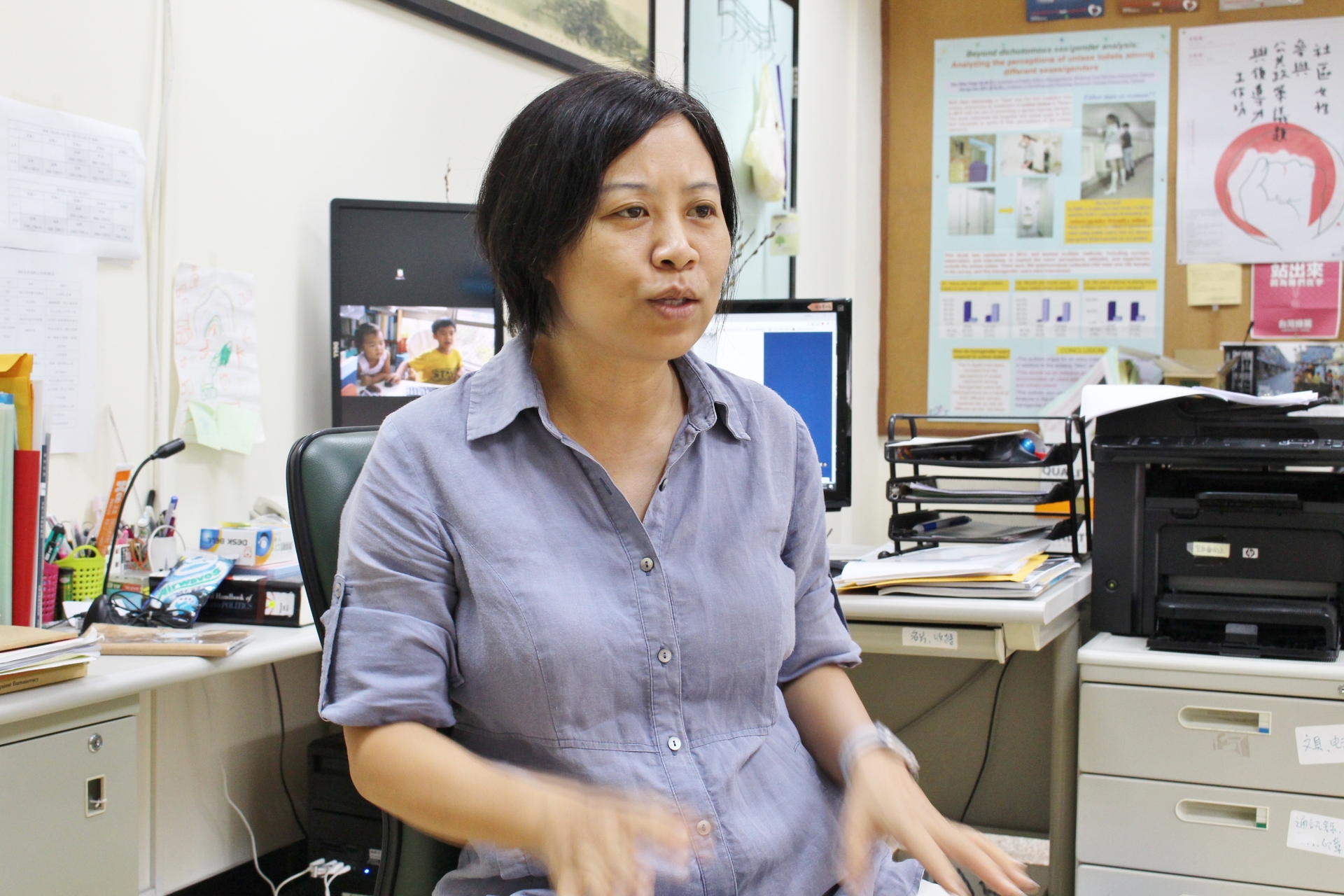
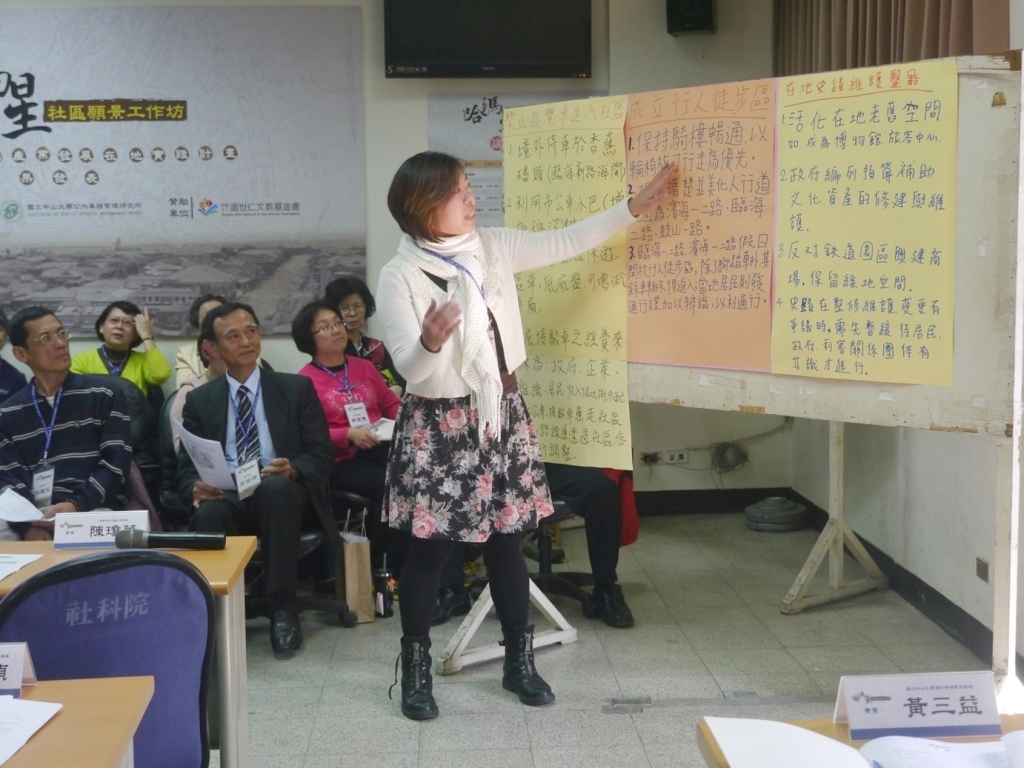
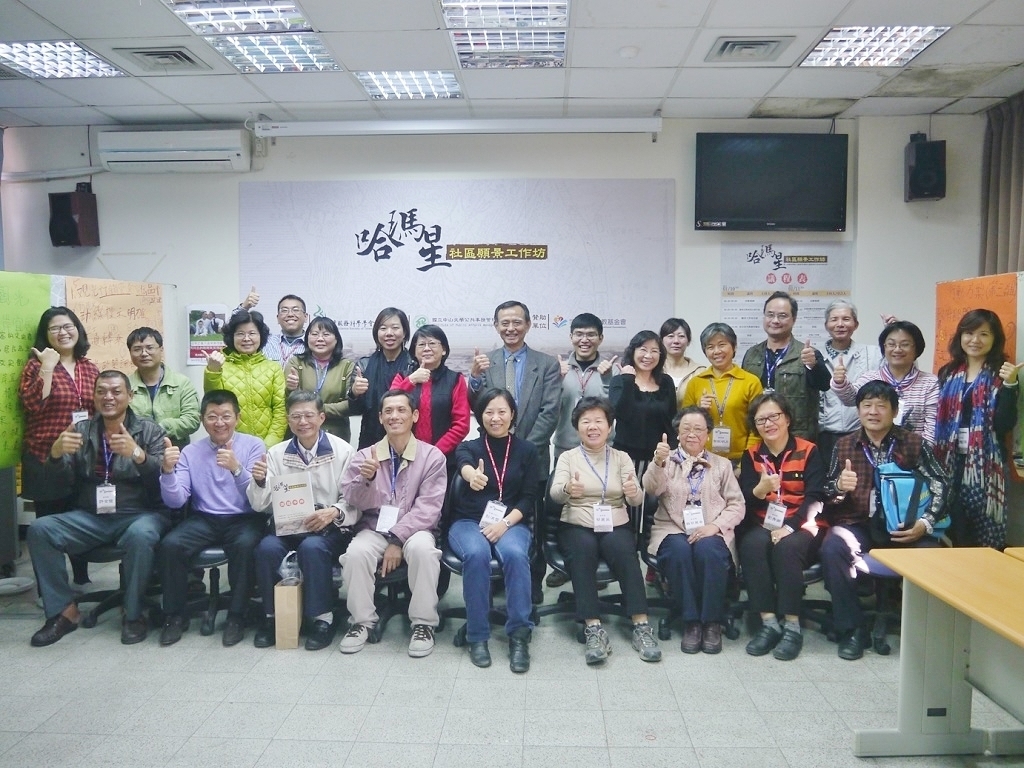
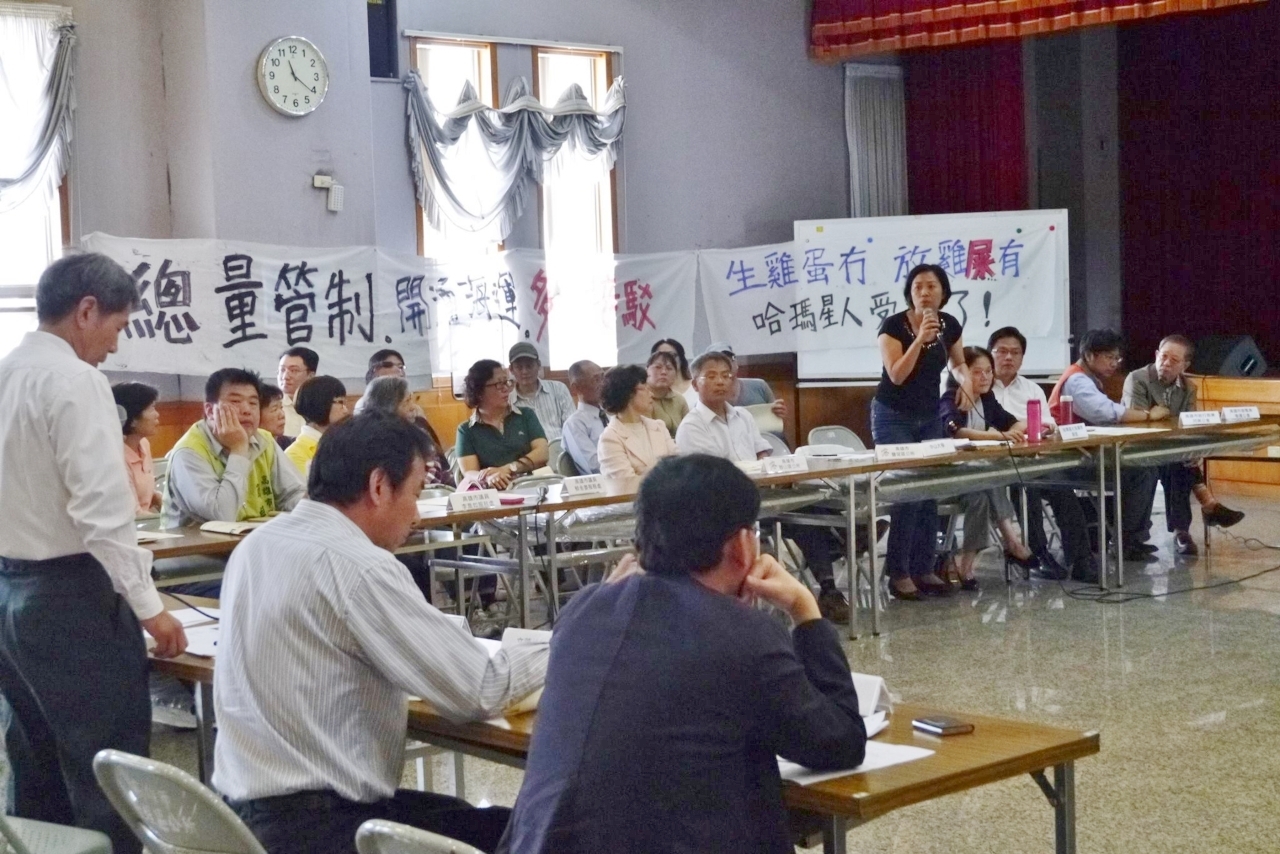
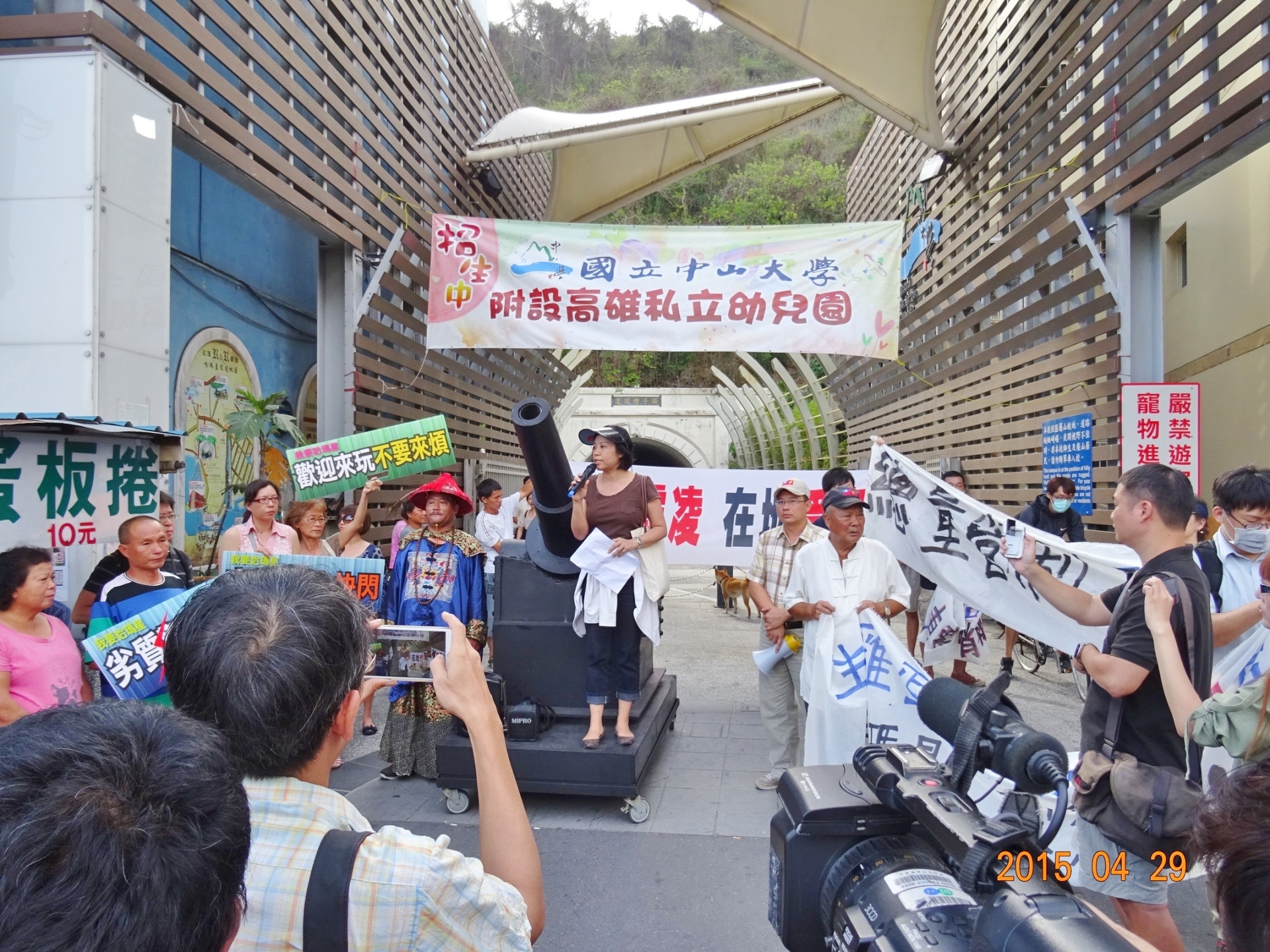
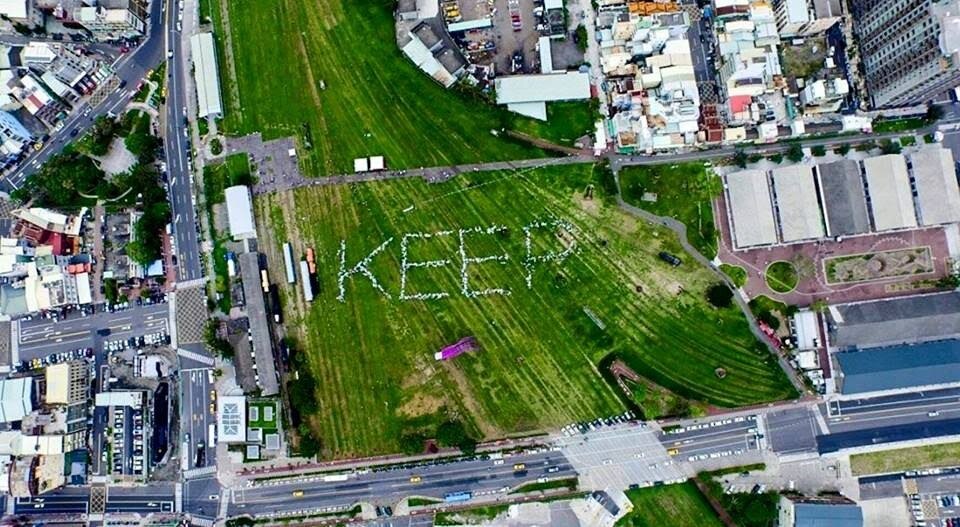
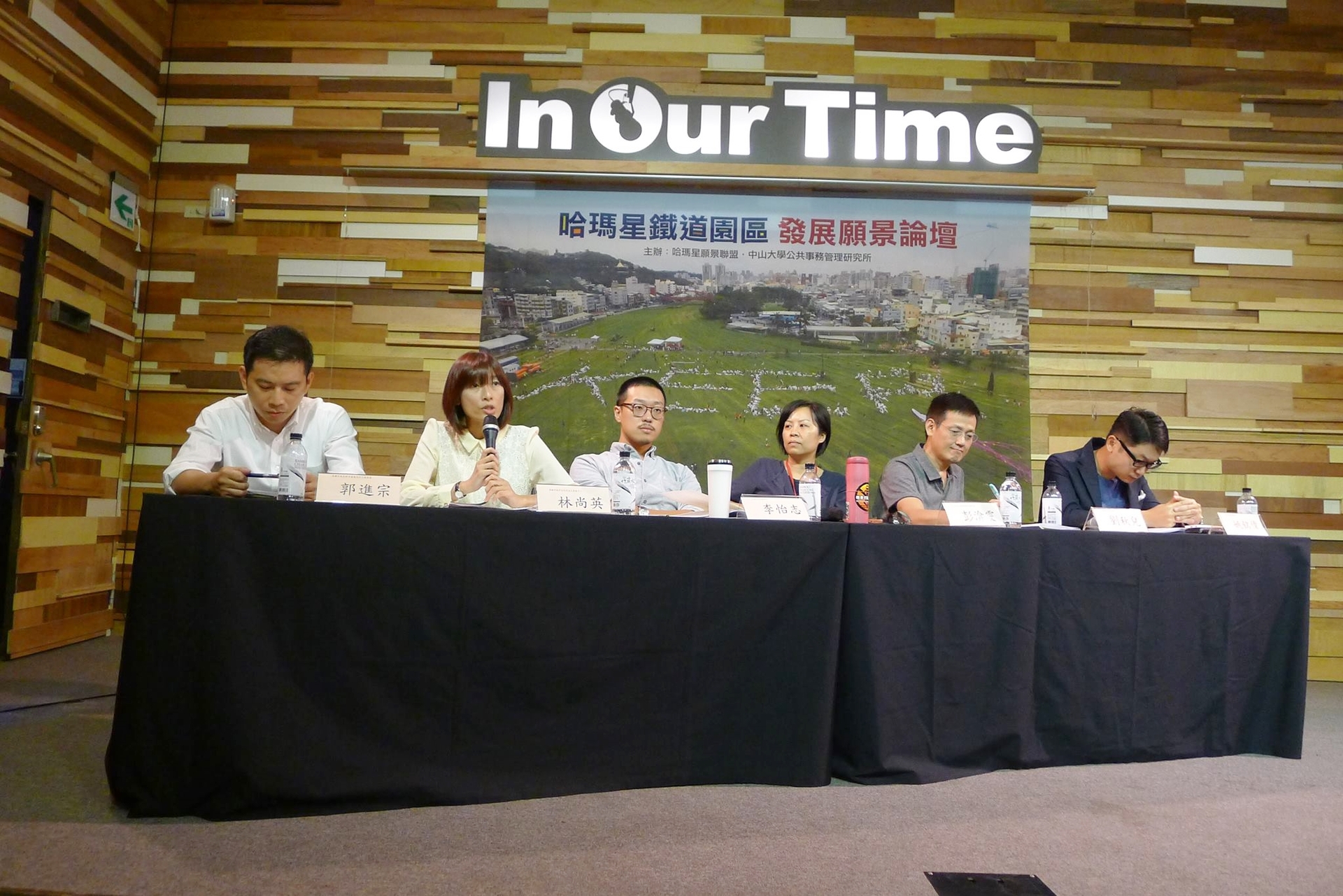
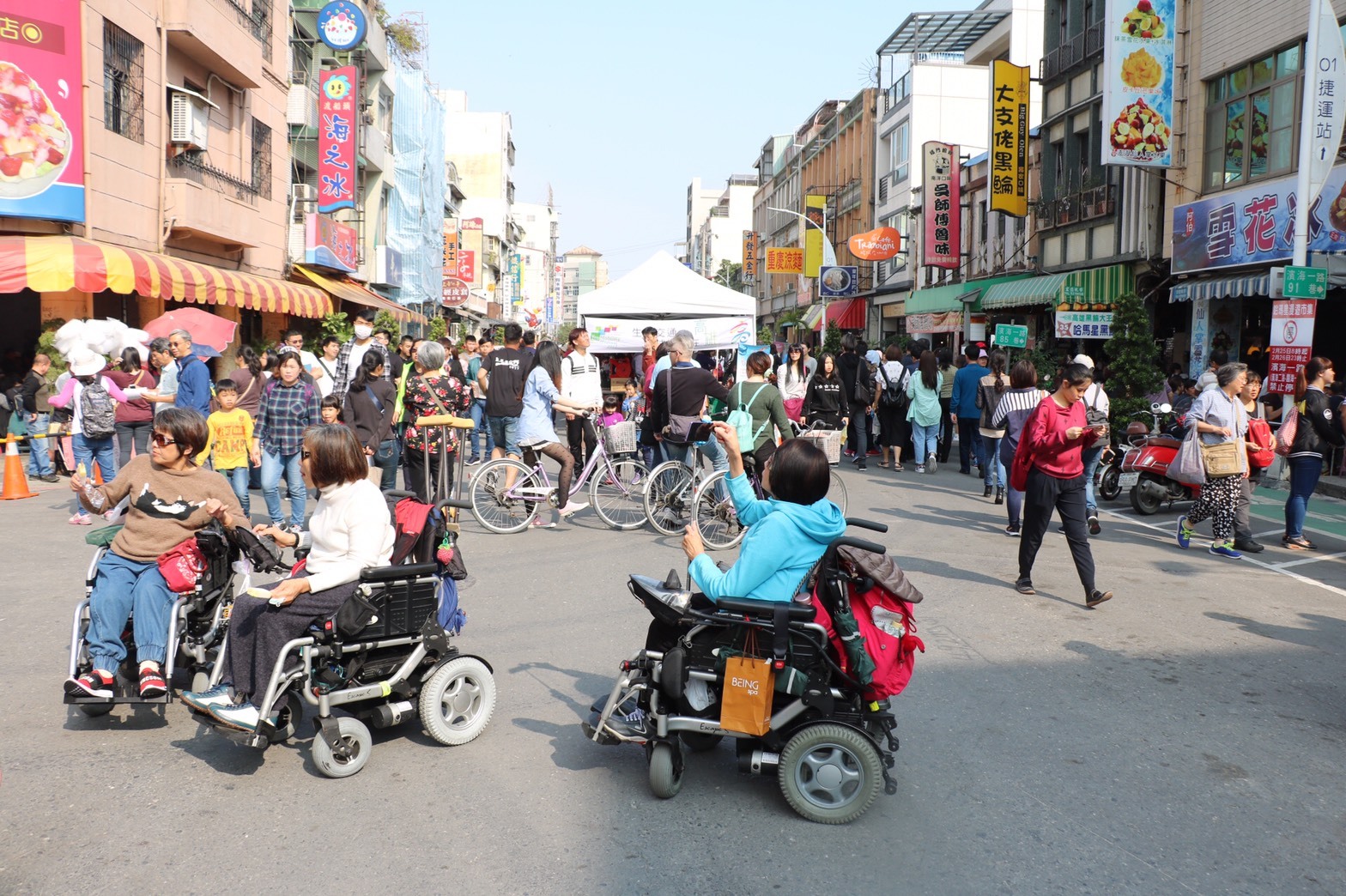

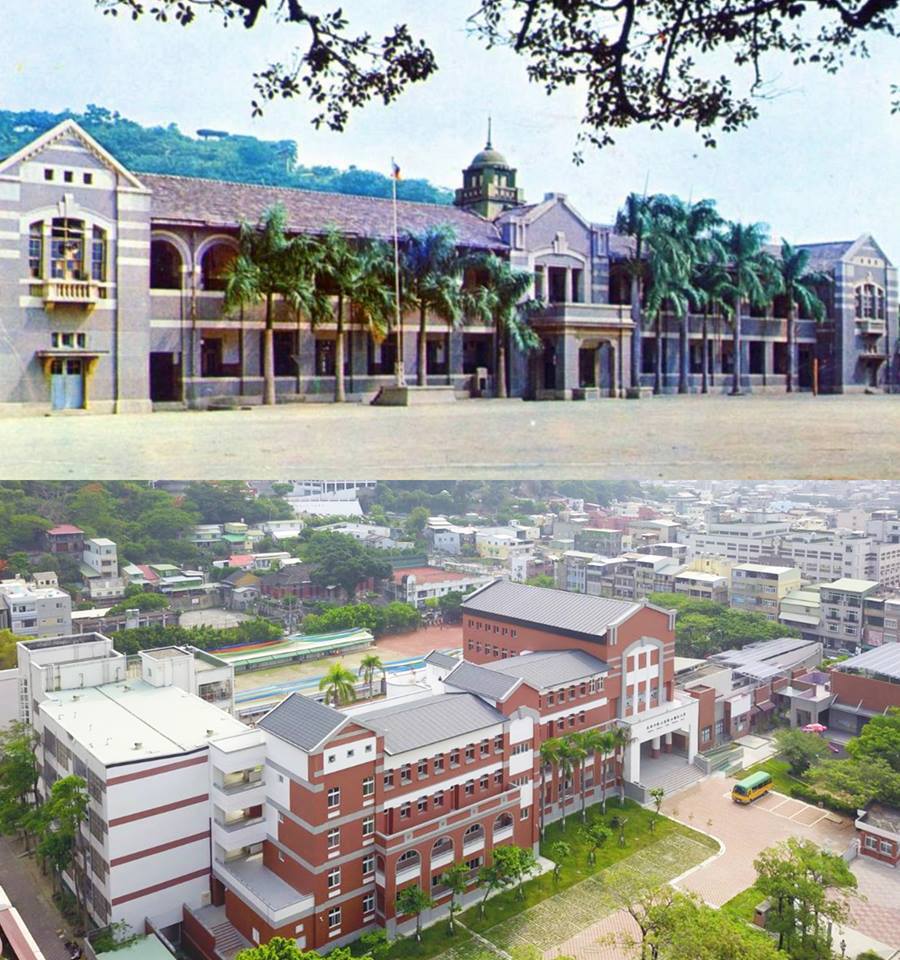
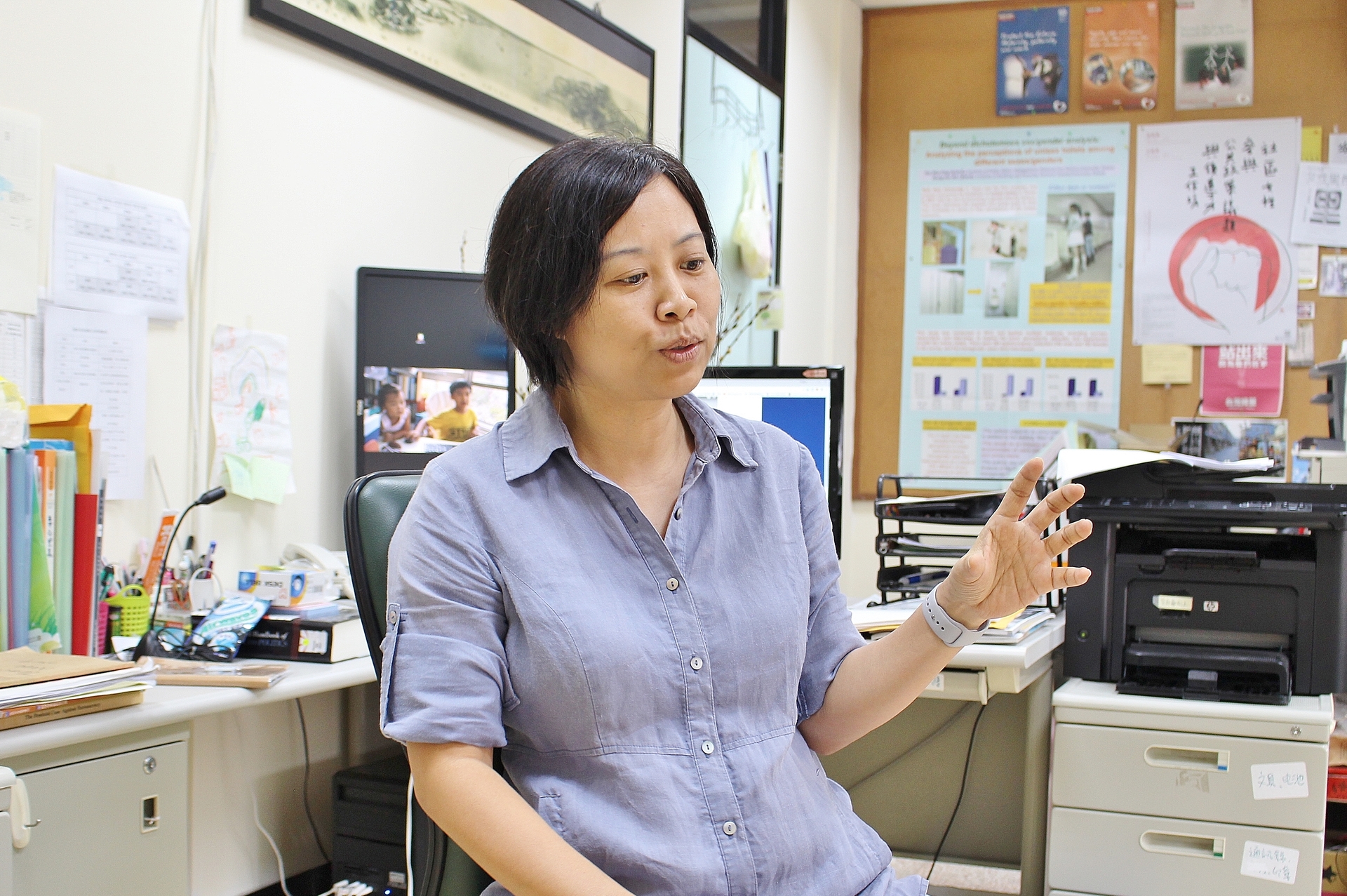
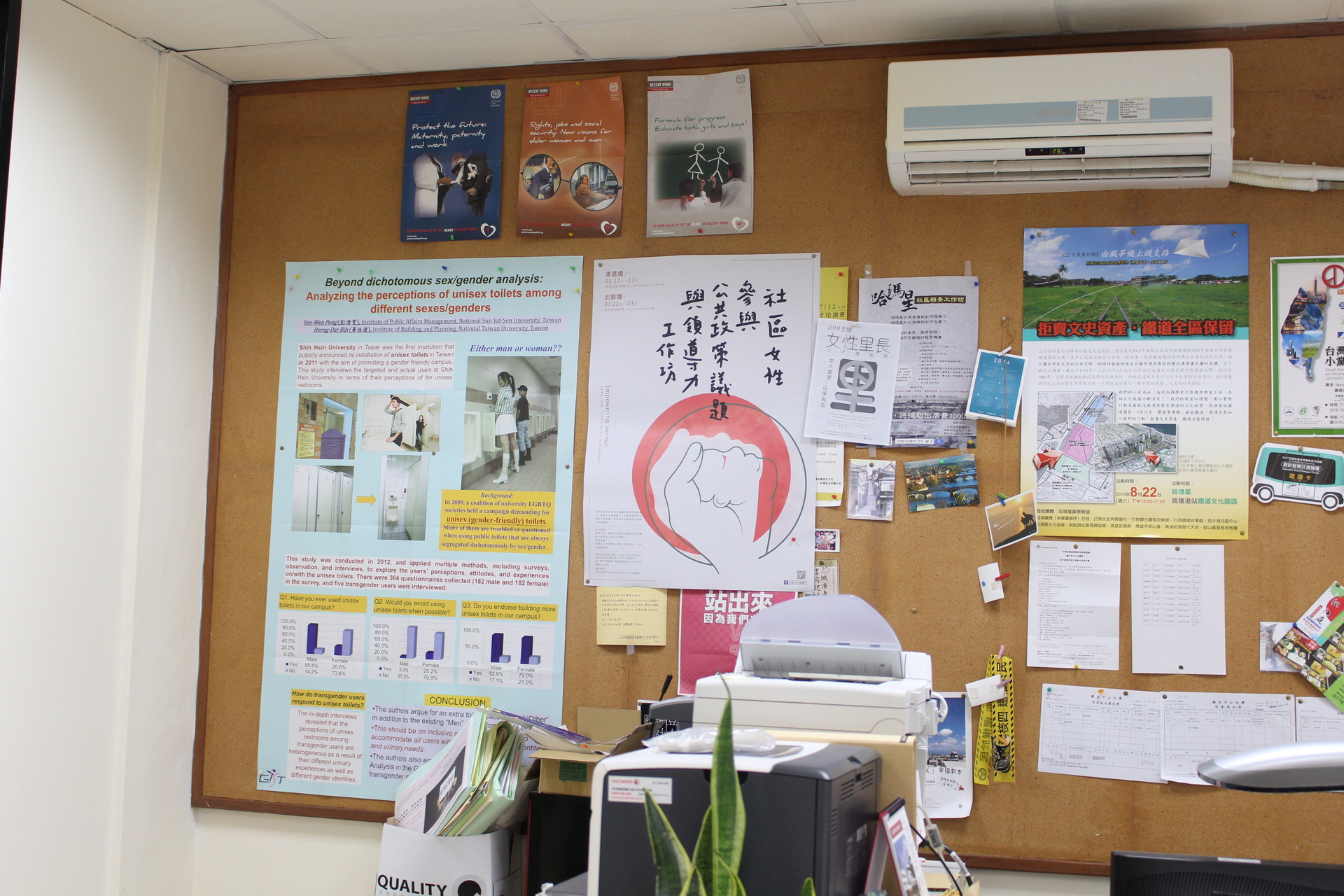
Two-day workshop results in a ban on tour buses in Hamasen
In 2015, Professor Yen-Wen Peng made the Hamasen Community Vision workshop an extension of the public administration course required for all first-year graduate students of the institute. This workshop, subsidized by the Service Science Society of Taiwan, gave students an opportunity to conduct a public discussion based on deliberative democracy principles. The students were involved in the whole process from the encouragement of local residents to register and the selection of participants (stakeholders with different backgrounds) to the collection of local data and policies, interviews of local opinion leaders, and creation of agenda manuals. This two-day workshop gave students an opportunity to learn how to guide discussions and build a joint community vision based on the consensus of all participants. After conclusion of the workshop, they developed numerous action plans to realize this vision.The first consensus reached in the workshop was to ban tour buses from the Hamasen District. Since Chinese tour groups bound for Sizihwan always passed through Hamasen, an average of 250 tour buses entered the community on a daily basis. This led to serious traffic congestion, deteriorating life quality of local residents, and pedestrian safety concerns. After National Sun Yat-sen University started to implement restrictions on the number of tour buses allowed to enter the campus area, the temporary parking of tour buses in Hamasen turned into a serious problem. Professor Peng therefore launched an emergency protest activity blocking a street in the district together with community organizations and NSYSU students and faculty members. This activity attracted the attention of city government officials and was widely covered in the media. It compelled the authorities to accelerate the announcement of restrictions on tour buses (a maximum of 45 buses are now allowed to enter the district each day subject to prior application). Once the bus terminal in the vicinity of the district is completed, a total ban on tour buses will be imposed in Hamasen. Professor Peng points out modestly that this is a “concrete achievement of the Hamasen Vision Workshop.” However, the effects of this activity do not end here. The presentation of achievements deeply touched numerous local organizations and inspired them to form the Hamasen Vision Alliance, which represents a continuation of community networks and interactions generated by these deliberative democracy activities. Professor Peng was invited to serve as the Alliance’s spokesperson and thereby give a voice to community residents who relied on her expertise, charisma, and cooperation with the alliance.
Keeping century-old railway heritage through joint protestThe “822 White Kite Activity” is directly related to an old railway in the Hamasen area. Kaohsiung Port Station, which was established as the first train station in Kaohsiung in 1908, was decommissioned in 2008 due to the shifting economic center of gravity and traffic facility planning. In 2013, the area was converted into a Railway Cultural Park with open green spaces. It gradually evolved into a recreation center for community residents. However, from 2011 to 2015 the Ministry of Economic Affairs tried to attract businesses to the Park in cooperation with the Taiwan Railway Administration in an effort to turn it into a commercial and residential area. This prompted the Hamasen Vision Alliance to launch the “white kite” protest to preserve this cultural heritage with its green spaces dating back to the period of Japanese rule. Protesters requested a full ban on the sale of cultural and historical assets and demanded the preservation of the whole Park area. They arranged the word “KEEP” with hundreds of white kites in an effort to stress the importance of the preservation of valuable landmarks. The activity drew wide attention and resulted in the support of Kaohsiung City Government for the preservation of the original appearance of the Railway Cultural Park.
A discussion forum on the development vision for the Hamasen Railway Cultural Park was held in the aftermath of the protest to determine future development directions for the Park. Representatives of the city government, cultural and community organizations, and railway experts and scholars were invited to discuss planning concepts for the Park upon its designation as a “cultural landscape.”Trust as the key prerequisite: learning from failure and penetration into communities
One of the action plans—the planning of a pedestrian zone—proposed in the above-mentioned workshop indirectly led to the selection of Hamasen District as a model site for the third EcoMobility World Festival in 2017. After Kaohsiung City Government earned the right to host this event and after consulting the Vision Alliance, it designated Hamasen District as an automobile-free (carbon-free) zone for one month to promote carbon-free transportation methods. The Alliance was convinced that everyone would welcome this activity which aimed to improve chaotic traffic conditions and promote sustainable community development. During an information meeting in the community organized by the Transportation Bureau, however, it became evident that a majority of residents were not willing to change their lifestyles for this activity and expressed the intent to boycott the event. It was initially impossible to reach a compromise and the Alliance received several poison pen letters. The government had no choice but to yield to public demand and loosen the restrictions on resident vehicles entering the areas. “We decided to adopt a neutral attitude…,” Professor Peng simply remarks, but with a hint of frustration. She mentions the reconstruction of Gushan Elementary School as another controversial project causing heated debates between the school, parents, and cultural organizations. This school is the first Japanese Primary School in Kaohsiung and represents a historical landmark. The original two-story Japanese-style dorm building was in complete harmony with the Wude Temple and Shoushan Mountain behind the campus area forming a distinctively layered spatial landscape. This dorm building was rebuilt as a four-story Western-style building after it had been destroyed in a typhoon in the late 1970s. In the context of another reconstruction project in 2015, numerous culture and history professionals demanded that the original appearance of the building be restored. They argued that a four-story dorm building was no longer needed in view of the declining birth rate. However, the school insisted on a four-story structure citing the safeguarding of the right to education and addition of special-purpose classrooms as the main reasons. The four-story building was completed in 2018 after parents had submitted a signed petition in support of the project.Professor Peng muses that “successive frustrations are disheartening but also represent an opportunity for reflection and learning.” In the face of the failure of these advocacy activities, the Alliance looked back on its efforts and reevaluated its strategy in the field of public advocacy and reform. It is determined that a sense of trust between advocates and residents, a low profile in the face of conflicts, and intensified communication are key prerequisites, prerequisites not met in those failed campaigns. She also states that local groups expect intellectuals to exercise their right to discourse and thereby influence the policy-making process. “However, reforms must begin at the grassroots level involving lifestyles, culture, and public awareness to avoid resistance by local communities. The main effort should be directed at penetration into communities to facilitate mutual learning and interactions.”
Engagement in social movements to strengthen the impact of academic discourseProfessor Yen-Wen Peng has been active in the feminist movement and has participated in countless public advocacy activities. She frankly admits that these activities have an impact on the pace of her academic progress. She further points out that “academic achievement was not her sole motivation for choosing a career in academic instruction and research. My goal was to conduct in-depth analysis of social issues, maximize the impact of my research, and infuse the next generation with passion for social engagement.” She views Professor Chu-Joe Hsia and Professor Herng-Dar Bih, two of her former instructors at the Graduate Institute of Building and Planning, NTU as her role models. Her academic career gives her more leeway to participate in social movements, while constantly enhancing her knowledge and strengthening her discourse abilities.
With regard to her students, she points out that the Institute of Public Affairs Management, NSYSU features a combination of public affairs and management concepts. This combination allows the Institute to raise the concern and participation of students in social and public affairs and train multidisciplinary management talents with a deep awareness of public issues and professional abilities in the field of analysis, strategic linkage, and action competence. While some graduates seek employment in the NGO sector, a majority of the graduates serve in enterprises. Modern enterprises advocate social responsibility, emphasize giving back to society, and champion labor rights and interests and environmental sustainability. “We expect our students to gain the ability to compile CSR reports in line with enterprise demands and serve as true champions of internal reform in coordination with social movements.”Professor Peng currently serves concurrently as Chairman of the Kaohsiung Women Awakening Association and Standing Director of the National Alliance of Taiwan Women’s Association. In recent years, she has actively promoted the organization of national talent training courses for female village chiefs with the goal of encouraging female community members with a passion for public service to assert their leadership and right to speak and thereby maximize their influence through accountability and authority. The course is offered in five cities and counties and aims to teach women who are serious about running for office how to prepare for their election campaigns. Functionaries of numerous NGOs are invited to discuss with village chiefs what contributions can be made at the community level. This course series has attracted over 150 women who have a strong interest in running for office. The impacts achieved through all these efforts are worth anticipating.




